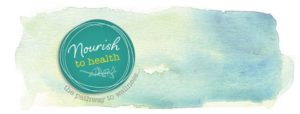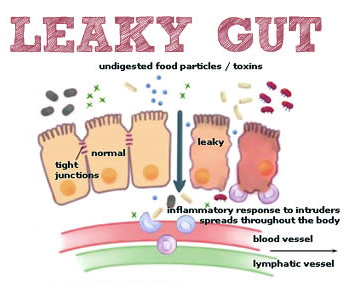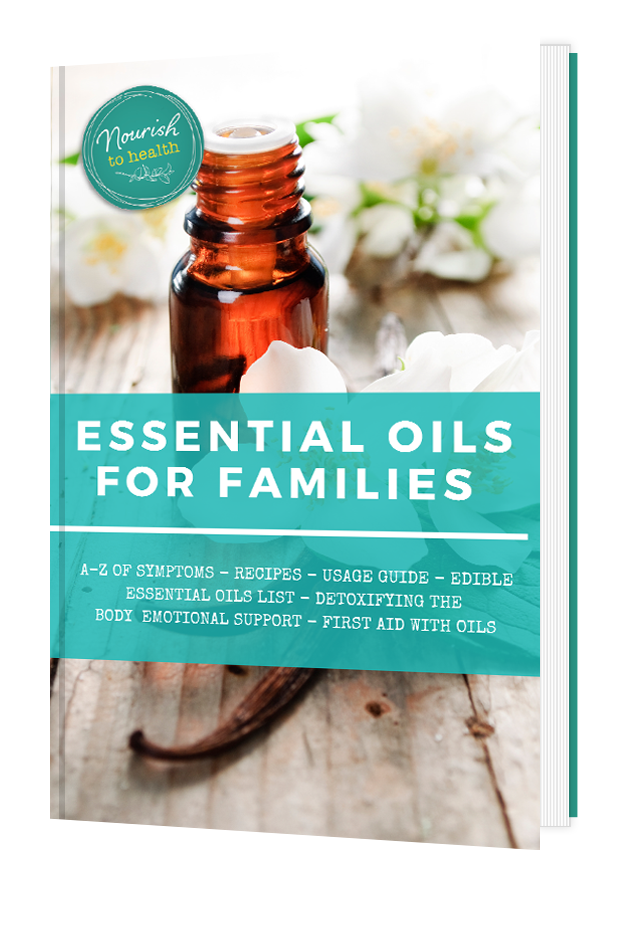The Importance Of Sleep For Healing
SLEEP is essential for healing. If you’re doing everything “RIGHT” nutritionally and you’re exercising and you’re doing therapies to clear trauma and bring in new energy…..but you’re not getting high quality sleep then you’re not healing.
The knock on effect of not getting enough sleep is your hormones become out of balance which causes sickness and disease….for instance if your melatonin is surpassed by waves of adrenaline because you missed your chance to hit the high wave of melatonin at 8.30pm till 9.30pm, the high adrenaline stops the bodies natural suppression of cortisol at 11.30pm-1.30am at night. Your second wave of melatonin is weaker at 10.30pm-11.30pm and because your bodies pumped with adrenaline and cortisol during the night, stopping your ‘REST and REPAIR’ state and hormones like the growth 1 hormone being released – the melatonin is not strong enough for deep restful sleep that’s needed for repair and detoxification of thoughts and memories.
Then when you wake the next day your body can’t kick in with the ideal high cortisol levels to get you pumped for the day, the weak melatonin gets turned into weak serotonin so you drag yourself up feeling numb and needing stimulation like coffee or chocolate to awaken your brain….but this puts pressure on your adrenals which effects your thyroid, and your hypothalamus isn’t able to regulate your hormones….thus the cycle goes on and on as instead of melatonin being produced at 3pm in the afternoon cortisol kicks in as your in ‘FIGHT FLEE or FREEZE’. And you reach for the stimulation again (coffee/chocolate) and often use alcohol to bring you down after a challenging day. This often means we eat dinner later which is not effective for the digestion either, as when melatonin increases the digestive system switches off leaving food indigested till the morning. Which is when we pile more food on top causing more sickness and disease.
Our Pineal Gland regulates melatonin production and it needs a balance of bright sunshine and complete darkness without wifi or lights to allow the body to be in homeostasis.
So I invite you to look at your late night addictions to work or TV or social media and ask is it stopping your body healing itself? No matter how much green juice or exercise you get during the day. That’s frustrating right….
If you’re a new parent with broken sleep or a shift worker. Using deep trans meditation for at least an hour a day, which will help balance your Pineal Gland and counteract the stress that a lack of circadian rhythm creates in your body.
If you’re a late night eater. I’d suggest intermittent fasting till 12pm to digest last nights food and help regulate your hormones.
HORMONES EFFECT:
Fertility
Skin
Weight
Mood
Menstruation
Detoxification
Gut health
Digestion
Ageing
Organ health
Deficiencies
And much more…..
SLEEP IS YOUR BIGGEST LIFE TOOL FOR HEALING
Ideal is asleep by 8.30pm -9.00pm – even better is bed when the sun goes down.
And rising with the sun or just before to see the sunrise as the sun rays is stimulation for the Pineal Gland.
Aim to adjust your lifestyle to allow this free healing modality to support you






